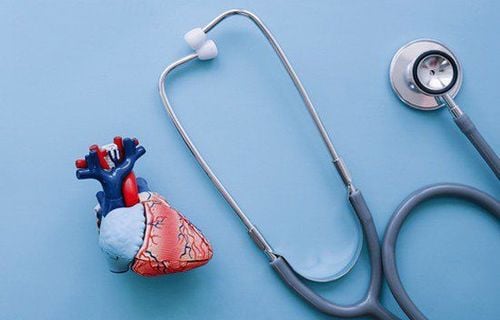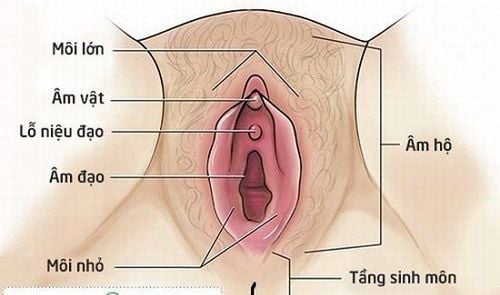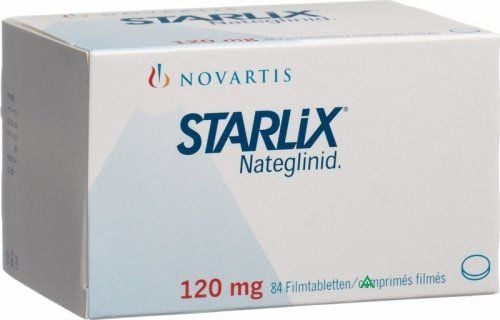This is an automatically translated article.
The article is professionally consulted by Master, Doctor Tran Hong Nhat - Interventional Cardiologist - Cardiovascular Center - Vinmec Central Park International General Hospital. The doctor has more than 10 years of experience in examining and treating interventional cardiovascular diseases.Cardiovascular disease is a common disease, which can have serious consequences and even affect the patient's life. In recent years, the death rate from cardiovascular diseases in Vietnam is increasing day by day. Research shows that, on average, every 4 adults in Vietnam, at least 1-2 people have a risk of cardiovascular disease
1. What is cardiovascular disease?
Cardiovascular disease is a medical condition related to the structure and functioning of the heart or blood vessels, resulting in a weakening of the heart's ability to work.Types of cardiovascular disease include:
Vascular disease Heart valve disease Cardiac arrhythmia Cardiomyopathy Congenital heart disease Infective heart disease
2. Common symptoms of cardiovascular disease
Chest pain: is a common symptom of cardiovascular disease. A typical heart attack is described as a burning, pressing pain in the center of the chest that occurs on exertion, sometimes accompanied by severe pain that radiates to the left arm, neck, or jaw. Shortness of breath: a common symptom of cardiovascular disease. Patients with heart failure often present with shortness of breath on exertion, more severe may have difficulty breathing even when lying down, sometimes sleeping patients suddenly wake up and gasp, called "paroxysmal nocturnal dyspnea" Palpitations: The patient has a feeling of a fast heartbeat, or a lack of rhythm, which is a symptom of arrhythmia diseases. Because some arrhythmias carry a risk of severe progression, patients need to be evaluated for pathology for treatment. Dizziness, dizziness or fainting: may be caused by the brain not having enough blood supply, common in diseases such as carotid artery stenosis, orthostatic hypotension, cases of tachycardia or bradycardia. Prolonged anemia can lead to fainting.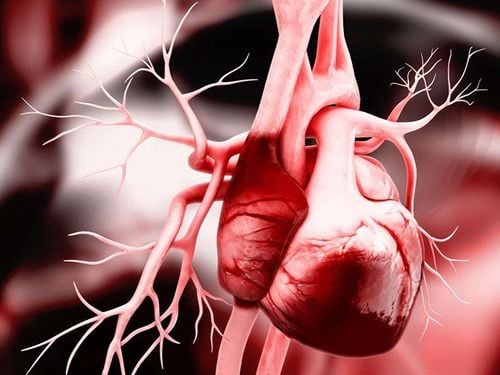
3. Common cardiovascular diseases
3.1. Coronary artery disease Coronary artery disease is a very common disease in cardiovascular diseases. Coronary artery disease is caused by the narrowing of the coronary arteries due to atherosclerotic plaques, causing inadequate blood supply to the heart muscle. Coronary artery disease includes angina pectoris, coronary artery spasm, acute coronary syndrome.3.2. Heart valve disease Heart valve is a structure that separates the chambers of the heart, has the effect of closing fat one way to direct blood flow in a certain direction. Heart valve disease has many causes, but the most common is rheumatic or degenerative heart disease, and often manifests in two main forms of damage: valvular stenosis and valvular regurgitation.
3.3. Cardiac Arrhythmia An arrhythmia is a term used to describe an abnormality in the heart rhythm or electrical conduction in the heart. There are several types of benign arrhythmias, which can coexist for a long time, but also malignant arrhythmias, which are fatal if not corrected promptly.
There are types of arrhythmias: tachycardia, bradycardia, conduction disturbances (conduction block) or abnormal rhythm patterns (extrasystole)
3.4. Cardiomyopathy Cardiomyopathy is a disease related to the heart muscle mass, including some of the following:
Hypertrophic cardiomyopathy. Dilated cardiomyopathy. Restrictive cardiomyopathy Arrhythmogenic right ventricular cardiomyopathy 3.5. Heart failure Heart failure is the result of physical damage or dysfunction of the heart leading to the heart's inability to receive or pump blood to meet the body's needs
There are many causes of heart failure such as:
Myocardial infarction Heart valve disease causing open or narrow heart valves Congenital heart disease. Myocarditis . Heart failure due to prolonged tachycardia Heart failure is also common in patients with diabetes, hypertension, hyperthyroidism Heart failure is also seen in patients undergoing chemotherapy for cancer or some other special drugs. 3.6. Congenital heart disease Congenital heart disease is a defect in the heart or blood vessels that occurs in the fetus, affecting the structure and function of the baby's heart.
Congenital heart disease has many different types but is usually classified into 2 groups:
Congenital heart disease without heart: atrial septal defect, ventricular septal defect, ductus arteriosus, pulmonary valve stenosis, ... congenital heart with cyanosis: atrioventricular canal, common artery, tetralogy of Fallot, Ebsten, ... 3.7. Infectious heart disease There are many types of bacterial infections that affect the heart, including:
Infective endocarditis Myocarditis Acute rheumatism
4. How are cardiovascular diseases examined and detected?

Clinical examination: Visiting the patient's and family's medical history assessment of risk factors. Explore the symptoms of the disease, examine the blood pressure, listen to the heart, examine the signs and symptoms to find the cause. Blood tests: Blood tests can be done to check for anemia, check cholesterol levels, check if the patient has diabetes, check if the patient has heart failure ,... Electrocardiogram, echocardiogram: These are simple, safe, non-invasive methods to help detect abnormalities and their causes. Perform in-depth assessment tests when needed: exercise, blood pressure holer, electrocardiogram, coronary computed tomography, myocardial scan... Currently, Vinmec International Hospital is deploying Cardiovascular screening service packages. The examination package is performed by a team of well-trained doctors, experienced in the diagnosis and treatment of cardiovascular diseases, always devoted and wholehearted to the patient, with the support of modern machinery and equipment. Modern technology will help detect arrhythmias early and most accurately, so that appropriate treatment can be given.
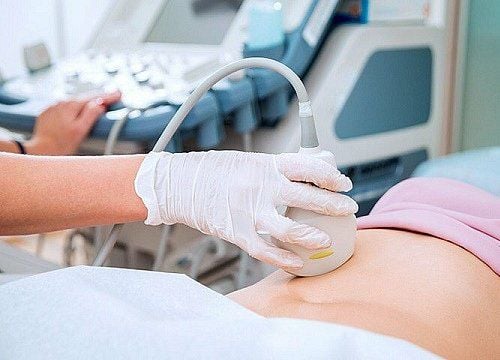
Please dial HOTLINE for more information or register for an appointment HERE. Download MyVinmec app to make appointments faster and to manage your bookings easily.







